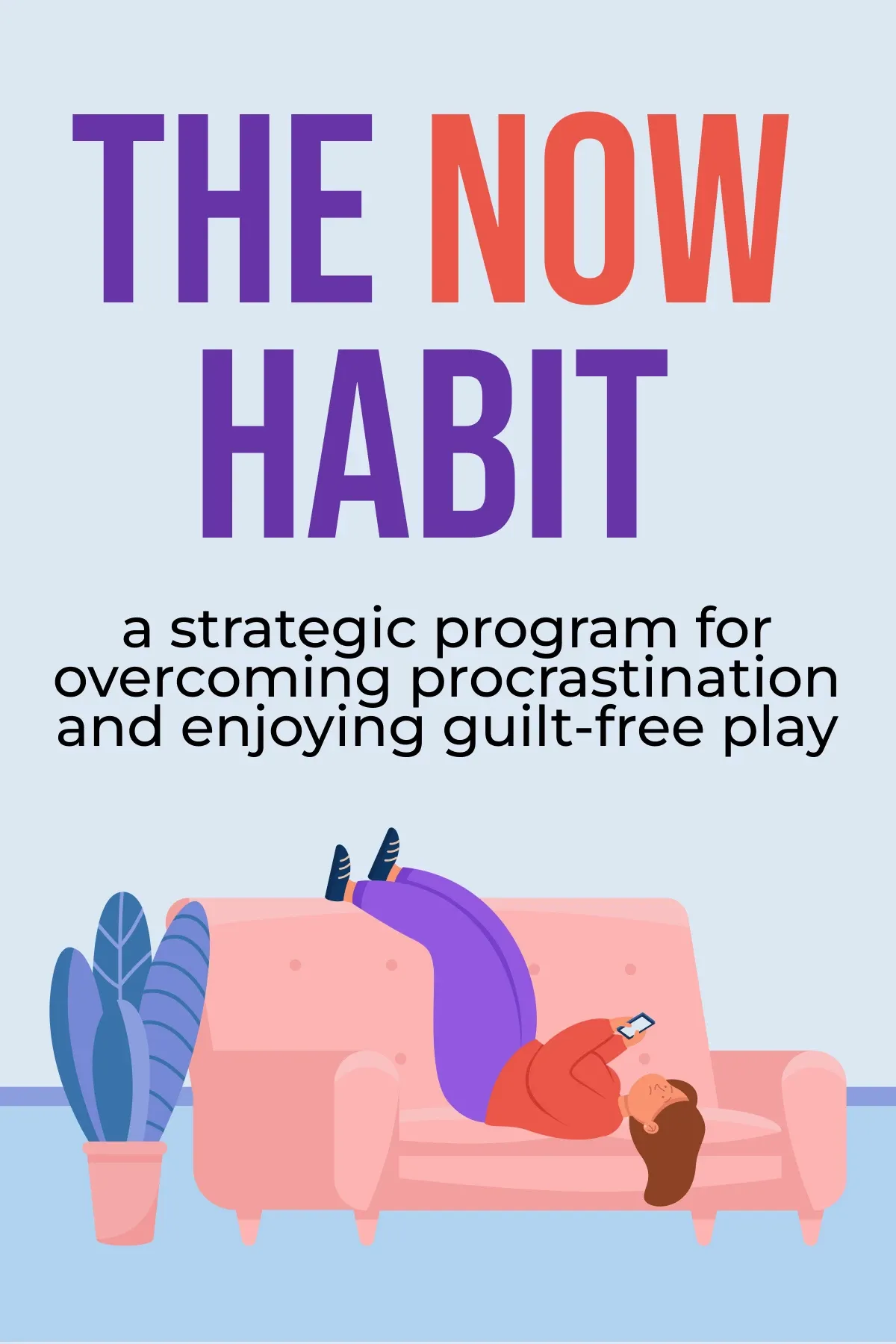
Procrastination
Brief Summary
You have wanted to start a new course for two weeks but still haven’t done it? Then, “Procrastination: What You Do It, What to Do About It Now” can help you understand why you postpone important tasks for later. You’ll find out how to deal with procrastination, set the right goals, and achieve them.
Key points
Key idea 1 of 9
One of the most common causes of procrastination is perfectionism. This phenomenon is also one of the main destroyers of happiness in our lives. Let's say you want to become the employee of the year of the company you work in. You believe that you have not only the desire, but also the potential to do it. Nevertheless, you constantly postpone even urgent tasks for later and do everything in the last days or hours. Why is this happening? Maybe you are a perfectionist and reckon that any task should be done perfectly, even if you don't put your best effort into it.
There are two types of perfectionists: adaptive and maladaptive. Adaptive perfectionists have high standards and requirements for themselves. At the same time, they are sure that they will succeed and make every effort to do so. They manage to live up to their standards through hard work.
Maladaptive perfectionists also set huge goals for themselves and have high standards. However, they don’t believe that they will be able to realize their plans. Instead of building a detailed plan and routine, such perfectionists despair. Imagine that in six months, you will take an important language test. Instead of developing a training schedule and focusing all your attention on it, you sink into apathy and despair. You postpone the preparation for later. As a consequence, you start preparing only in the last month or even days before the exam. Probably, this won’t bring you the desired result.
Another defining feature of maladaptive perfectionists is that they consider their professional success to be an indicator of their personalities. It sounds like this: "I didn't prepare well for this test, and I scored poorly, so I'm a total failure." This type of perfectionist often associates their professional failures with their personality.
Psychologist David Burns noted that in most cases, people who have achieved significant success are not perfectionists. Of course, they strive to improve all the time. Yet, they also realize that the path to success can be difficult, and not everything can go perfectly. Mistakes and imperfections are part of progress, and you have to work hard to succeed.
FAQ
You may also like these summaries











